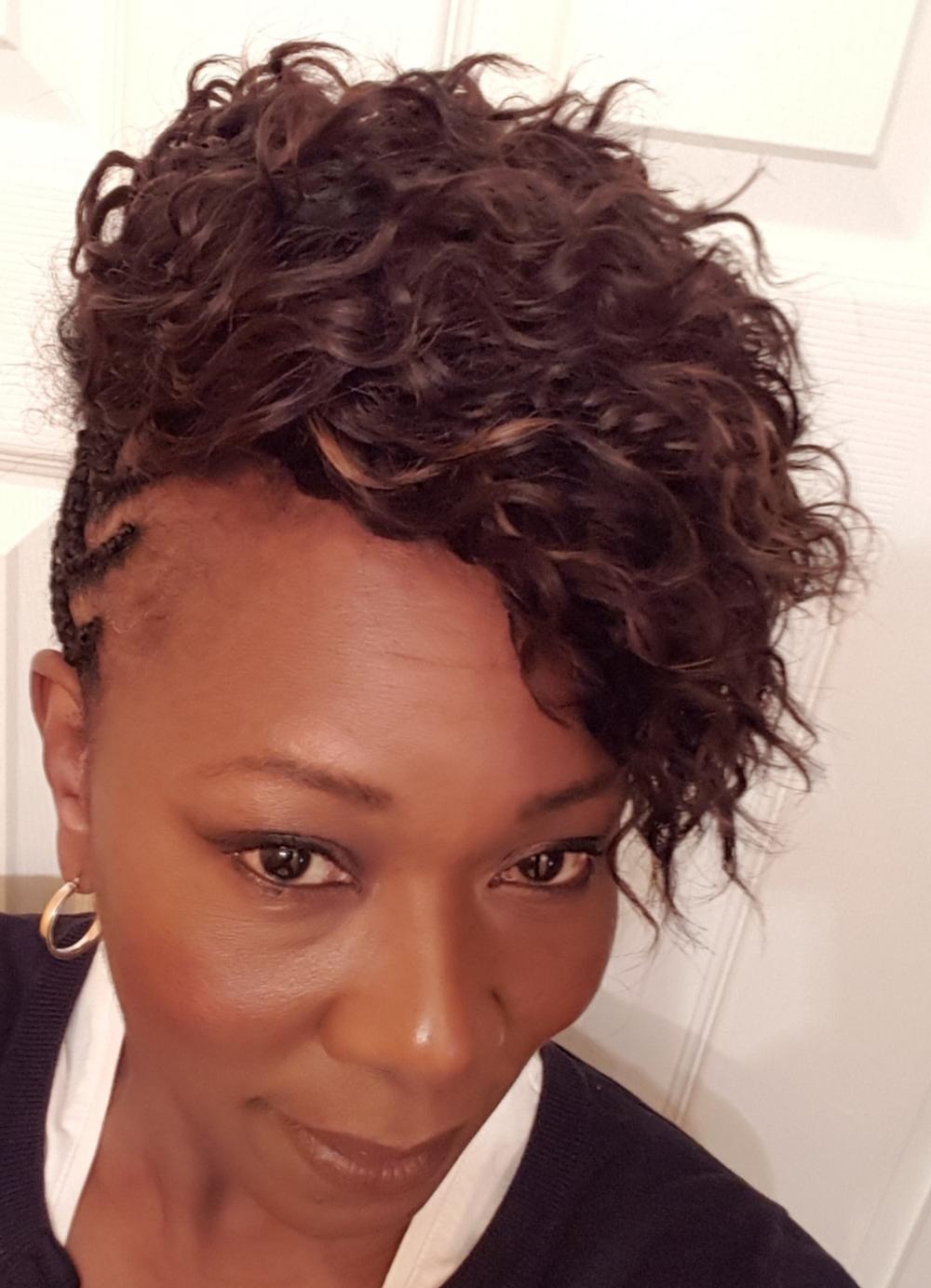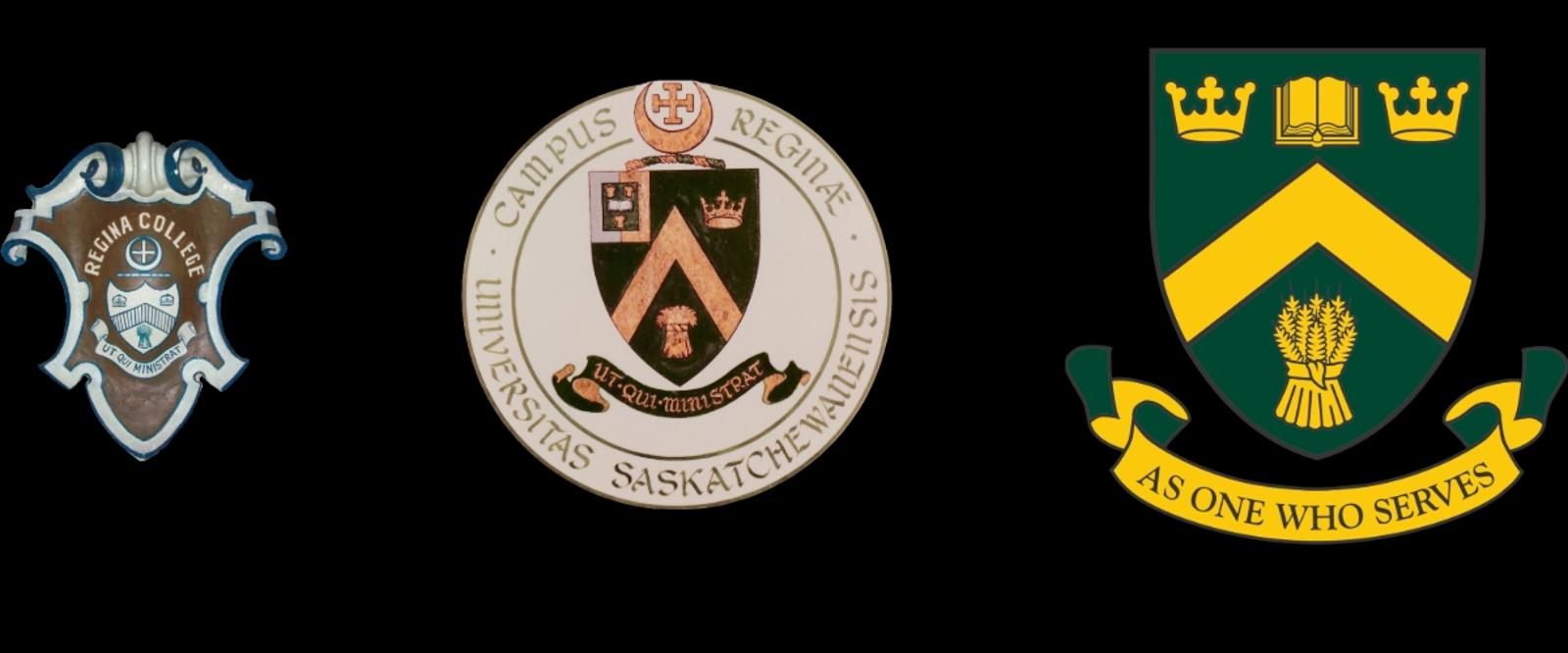Black History Month helps raise awareness of the history of Black people in Canada and their contributions in building our diverse and prosperous country.
While many people are aware of Canada’s role in helping Black people escape from slavery in the United States, it is important to recognize that slavery also occurred in the territory now known as Canada. In 1834 slavery was abolished everywhere in the British Empire, including the British Colonies in North America, resulting in escaped slaves finding a safe haven from the slavery still being practised in the U.S.. The story of the Underground Railroad, which helped escaping slaves find freedom in Canada, is a positive moment in our history; however, we must not forget that slavery was practised here for more 200 years.
The history of Black people on the Prairies is similar to that of other settlers who arrived here looking for a better life for themselves and their families. However, the ending of slavery did not eliminate racist and discriminatory actions and policies that negatively affected Black people in Canada and Saskatchewan. For example Shilo - the first black community in Saskatchewan - was founded by dozens of families, seeking freedom from discrimination, and found their way to Maidstone, Saskatchewan in 1910. The Shiloh church, which received provincial heritage property designation in 2018, was the first building built by the families and is the only physical evidence remaining of the first, and only, African American farming community in Saskatchewan.
Commit to learning Black History. Remember the history of Black people is tied to location and time, please be certain when acquiring information that it may not transcend international borders.
Pauline Street, Senior Advisor on Equity, Diversity, Inclusion & Anti-Oppression
Founded by 12 families from Oklahoma seeking freedom from discrimination in the Post-Civil war era, they arrived in Saskatchewan due to the promise of free land. Black people were excluded from many of the white institutions in the area and were not allowed to worship in white churches or use white community facilities and had to create their own.

Pauline Streete, Senior Advisor on Equity, Diversity, Inclusion & Anti-Oppression
Photo credit: Pauline Streete
Pauline Streete, Senior Advisor on Equity, Diversity, Inclusion & Anti-Oppression with the University of Regina provides a compelling perspective on why this month is important to her and to all of us.
Black History Month is the one period of time in a year where there is a focus on the contributions of Black people. This month reveals that despite barriers, obstacles and systems of oppression, Black people have influenced the arts, sciences, technology, education, sport and more in some way or another.
The history I was taught in school relegated Black people to slavery and was void of our contributions. That particular history by design, was to establish the notion that Black people were inferior and required the colonizer to advance to the lowest levels of achievement. I believe we do not know where we are going, if we do not know where we have come from. This belief prompted me to embark on a very personal journey to know my history, which is the history of Jamaican people.
The history, written by us for us, reinforced what my parents taught me about the amazing contributions, determination and fight of Jamaican people as well as enlightened me to the factors that contributed to my parents leaving the land they loved for England. The socio-political context of my place of birth, England was wrought with racism and discrimination. In fact, Black people were regarded as an oddity which is one of the many factors that influenced my parent's decision to immigrate a second time, to Canada. We immigrated at the height of the US Civil Rights Movement and Britain's ongoing struggle with the residual impact of slavery.
When Canada introduced Black History Month in 1995, I initially thought - at last. As the decades pass I realize the historic contributions made by Black people are only celebrated for a brief moment in time (i.e. February) but after that moment Blackness is erased from most spaces. Black History Month is a stark reminder that the systems of oppression continue to reign triumphant. Black people are a conundrum for non-Black people. Black people are also actors and observers in a real time doc-u-series filled with countless horrors and atrocities. Time cannot change or erase that deeply-inflicted, never yielding systemic hurt.
So today, when asked what Black History Month means to me – it means:
- Black children can be anything they wish to be because the way has been paved by the Black people who came before them.
- Black Lives Matter.
- Pay heed to modern Black History (in many ways history is repeating itself)
- A call to action: Humanize Black people and stop committing even the smallest of acts known to cause harm.
Commit to learning Black History. Remember the history of Black people is tied to location and time, please be certain when acquiring information that it may not transcend international borders. Always examine who has penned the history.

Photo credit: Arthur Ward Images
Five ways to celebrate Black History Month
- The story of Black Canadians who have made Saskatchewan their home, is celebrated by the Saskatchewan African Canadian Heritage Museum (SACHM). The museum honours the history and contributions of “African Descent” former and present residents of the province, and supports those currently making an impact in Saskatchewan.
- The MacKenzie Art Gallery is hosting a launch of African Canadian Black History Month in partnership with the SACHM on February 1st at 6 p.m. with greetings from community members and a screening of the film John Ware Reclaimed. The film by Cheryl Foggo, examines the mythology surrounding John Ware, an acclaimed Black cowboy and successful rancher who settled in Alberta in the 1880s.
- In recognition of Black History Month, the U of R Community Engagement and Research Centre is partnering with the Saskatchewan Council for International Cooperation, and Black in Saskatchewan to hold Forward Together: Equitable Public Engagement with the Black Community. The event will be held at The Studio at Cornwall, 2114 11th Avenue on February 7, at 6:30 p.m. and will feature a panel presentation by leaders in the health, social work and education fields discussing how the engage more authentically and equitably with Black communities.
- The University is also participating in Canada West’s annual Black History Month video celebration. This year the U of R’s video contribution focused on Black peoples’ culture and identity through the topic of Black hair. In Let’s talk about Black Hair Desiree Ates (Cougars Women Volleyball Assistant Coach & U of R Alumna), Christian Katende (Regina Rams), and Raissa Murwanashyaka (Cougars Women Track & Field) share their experiences in coming to grips with their hair.
- Attend the Black History Month Panel hosted by the U of R.

Photo Credit Piper Sports Photography
About the University of Regina
Set in the heart of the Canadian prairies we are a comprehensive, mid-sized university where the opportunities are as limitless as the horizon. Our campuses are on Treaty 4 and 6 - the territories of the nêhiyawak, Anihšināpēk, Dakota, Lakota, and Nakoda peoples, and the homeland of the Michif/Métis nation. It is our responsibility to strengthen relationships with Indigenous communities to build a more inclusive future for all. Our three federated colleges, 10 faculties, 25 academic departments, and 18 research centres foster innovative research with practical and theoretical applications. We are committed to cultivating the potential of our 16,000 students and supporting their health and well-being. We take learning beyond the classroom through work and volunteer experiences to develop career-ready graduates.
Let’s go far, together.




